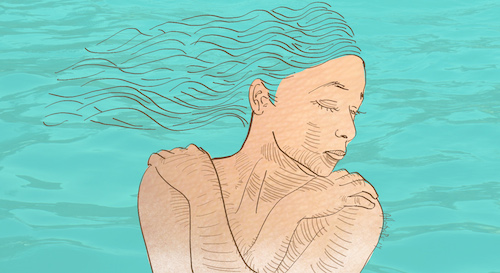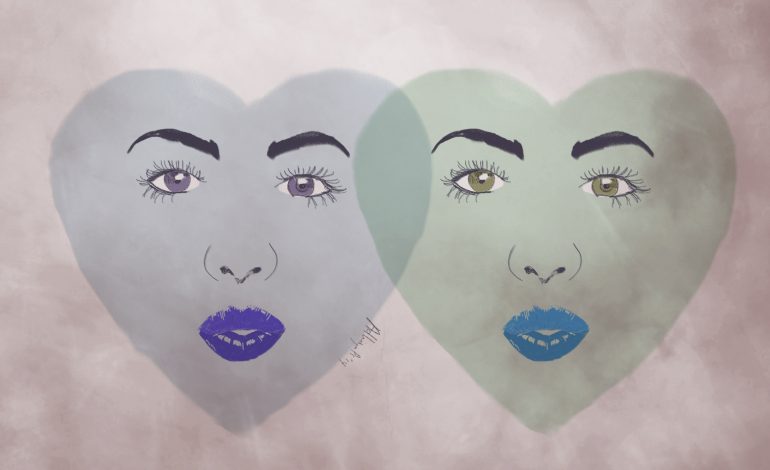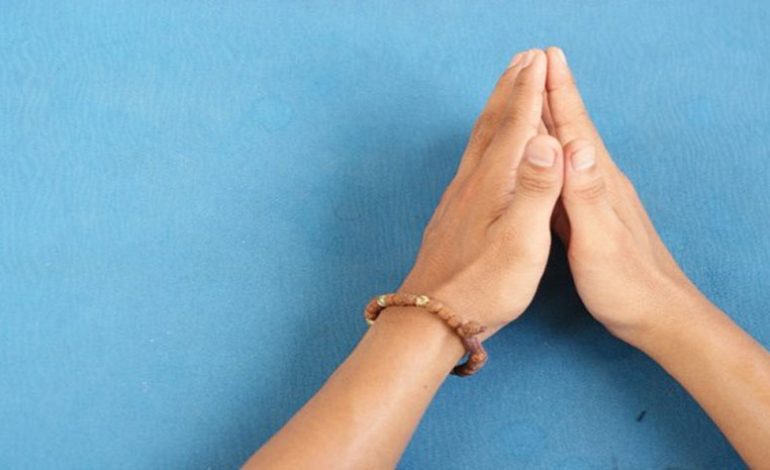After I Moved Abroad, I Learned to Love My Brown Skin

10 years. That’s how long I used whitening products from the first moment I felt I was ugly because I was dark. (READ: Culture shock: Does it matter if you’re brown or white?).
When I was 12 years old, I came up to my cousin’s room after a family dinner at my aunt’s home. She was a couple of years older than me, and at that age, one of the biggest female influences in my life.
In her bedroom was a spread of Candy magazines featuring exclusively mestiza (Caucasian featured) and chinita (Chinese mix) models from cover to cover. On her table were bottles of Nivea Whitening Lotion, one of which she picked up.
She started lathering the contents onto her skin, rubbing vigorously, because she wanted her body to absorb as much of it as possible. All the while giving me a lecture about beauty, and what exactly that was.
That experience began a decade-long journey of sun-avoidance, experimentation with almost every whitening product in the market, and then a slow and healing consciousness, upon leaving the Philippines, that I had been brainwashed by my own media and society into hating the color I was born with.
In my teenage years, I grew up in the shadow of my fairer-skinned cousins and friends who were always praised for their “cute” or “clean” looks. Mukhang mabango kasi (because they look fresh) – and how was I supposed to take that?
Was I dirty in comparison? “Negra,” some guy teased me in high school. Even “exotic” and “morena” were insults. Later on, in Hong Kong, my Spanish and South American friends would tell me that “morena” meant a hot, tanned brunette girl. (READ: Wrong message, misplaced nationalism, and poor wit)
In college, my block was jokingly divided in two: a tribe of morenos and morenas versus a dynasty of Filipino-Chinese students. The joke was that our tribe’s advantage was moving unseen through the night.
Make-up for me consisted of white powder in an effort to blend in with the rest of my fairer friends in pictures. In retrospect I cringe at what I must have looked like, what with a powdered white face and then the rest of my body brown in stark contrast.
When I moved to Hong Kong in 2011, little incidents worked towards an eventual acceptance and love for my own skin color. Even the local Chinese here would comment on it: the girl at the spa (she said I had beautiful skin, reminded her of Louis Koo of all people), the classmate at Hong Kong Polytechnic University (“I love your skin, looks like ho-ney!” with a Cantonese accent), the Caucasian friends who would grow translucent over winter (“why do you look so healthy while I look like the living dead?!”).

All those years of self-loathing, blowing cash on whitening products, hiding from the sun, not enjoying myself at the beach… how could I have lived like that for half my life? I only wish that other girls who are still stuck in that mentality would wake up and embrace it.
Last Christmas, I went on a boat trip in Camiguin with my K-pop obsessed teenage cousins, who were going crazy with the sunblock and wailing about how dark they were getting.
I guess the more sun they got, the farther they would be from 2NE1 or Girls Generation. But I held my tongue – going preachy on them about how they shouldn’t try to be something they would never be, I knew, would never work. They will have to come to that realization themselves.
It was with a secret tingle of liberation that I floated all afternoon that day on my paddleboard without freaking out about how dark I was going to be when it was all over. My cousins were squealing at how “burnt” I got as we were sailing home, and I triumphantly told them that I did not care.
With the advent of morena role models over the past years such as Venus Raj and her successors, I’ve begun to hope that the concept of beauty in my country is shifting. People have started to realize that the world loves Filipinas who, well, look Filipino. Hence our recent successes at beauty pageants over the last 5 years, or so I’d like to think.
However, during my trip back to Manila last weekend I still saw Metathione (whitening pill) ads on giant billboards along EDSA. (Anyone remember those Glutamax advertisements, by the way? Those were ridiculous.)
A changing of paradigms is not going to happen overnight, I know. The status quo is, I suspect, an extension of a colonial mentality ingrained in us over more than 300 years. But I believe, as it was in my experience, that change will result from individuals beginning to love and accept themselves.
Hopefully, it won’t have to take moving abroad for it to happen, where other people are able to appreciate you before you can learn to appreciate yourself.
About Julienne Raboca
Julienne is working as an English editor at a Hong Kong-based tourism magazine.
*This story was first published in Rappler.com, a Manila-based social news network where stories inspire community engagement and digitally fuelled actions for social change.






















